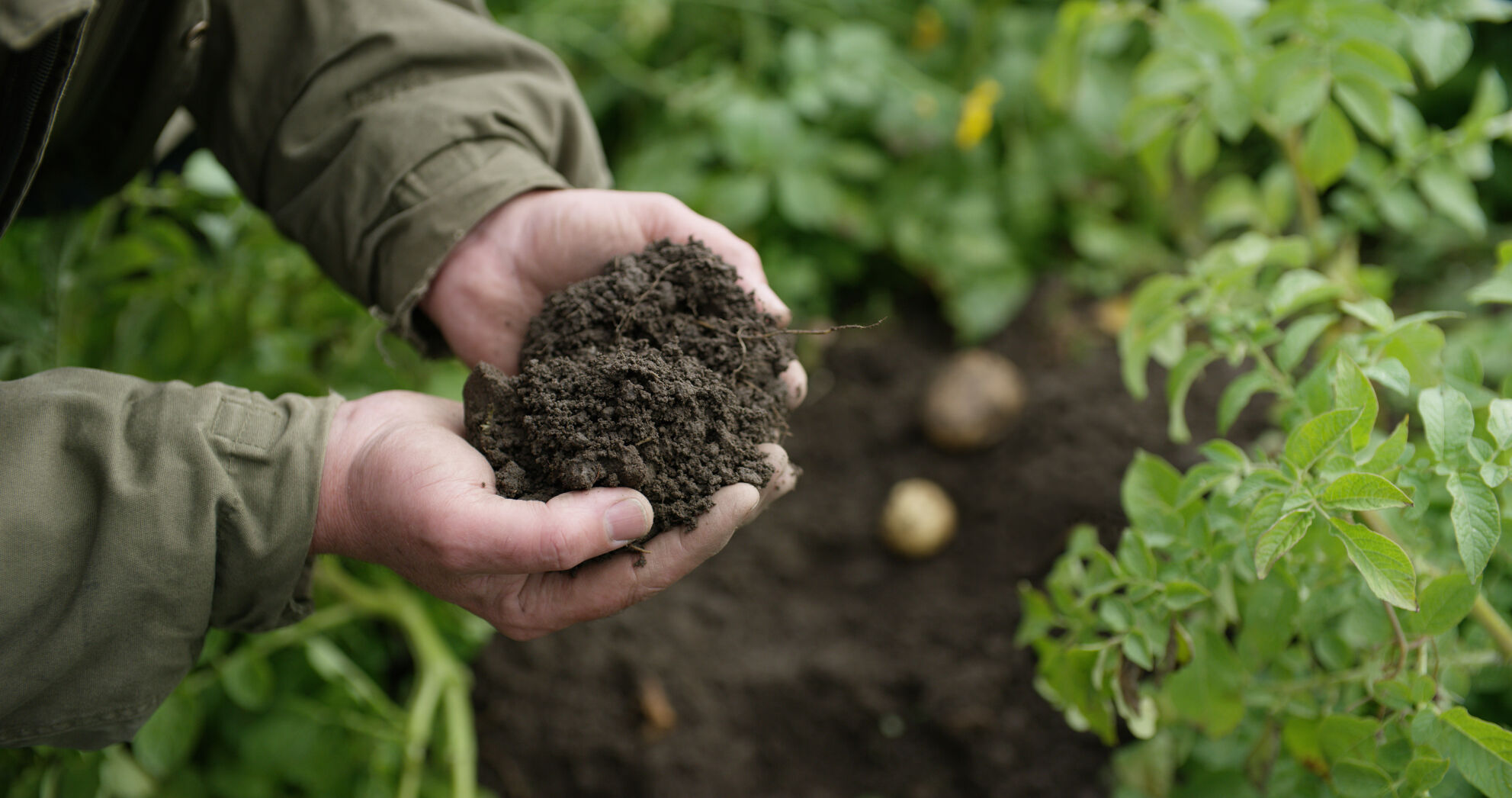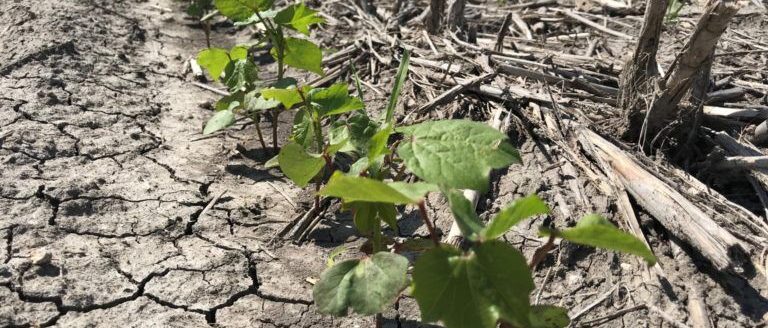With agriculture being responsible for about 20% of global carbon dioxide emissions, according to the Food and Agriculture Organization of the United Nations, carbon-efficient agricultural practices can significantly contribute to combat climate change.
BASF will establish a program that allows farmers to track and profit from practices reducing CO2 emissions, underlining its efforts to contribute to fighting climate change, the company announced on Dec. 2. The Global Carbon Farming Program will support BASF Agricultural Solutions’ commitment to reduce the carbon footprint per ton of crop produced by 30% by 2030 in wheat, soy, rice, canola and corn. BASF will launch its program in phases starting in 2022.
The Global Carbon Farming Program will promote sustainable agricultural practices and foster the best use of BASF’s holistic portfolio for farmers—from seeds, traits, innovative chemical and biological crop protection products, to digital farming and fertilizer management solutions. The program will be underpinned by sustainability tools for directing and assessing improvements helping farmers to make balanced decisions towards improved sustainability contributions. It will help farmers to reduce on-farm emissions and sequester more carbon into the soil. In addition, BASF will build the global framework to allow farmers to generate carbon credits from recognized certifiers that will lead to second revenue streams from their carbon reduction efforts.
Farmers play an important role to help achieve net zero greenhouse gas emissions and limit global warming. BASF`s program embraces a holistic approach to deliver better yield, and will further support farmers to become more resilient in farm operations and increase productivity.
“The launch of our Global Carbon Farming Program is a testament to our strong commitment to sustainable agriculture. It will enable farmers worldwide to increase the health of their soils, reduce emissions, sequester carbon and—at the same time – be rewarded for their sustainability efforts to combat climate change,” said Vincent Gros, president BASF Agricultural Solutions.
BASF Agricultural Solutions recently started its first multi-year field trials. They are focused on sustainable agricultural practices, carbon sequestration in the soil and reduction of emissions at farm level. The results of the trials will lead to offers that allow farmers to capture synergies from innovative BASF technologies, the power of digital farming through utilization of the xarvio platform and the use of the company’s internationally recognized sustainability assessment tool, AgBalance, to assess the data and derive informed decisions to improve sustainability.
In 2022, BASF will expand existing customer and value chain cooperation and actively seek new partnerships to encompass carbon management.



